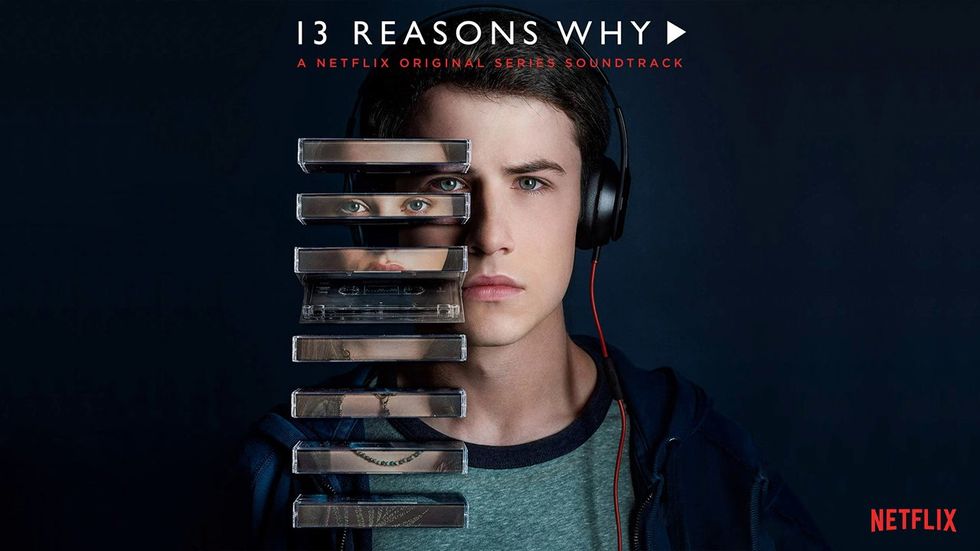Although its original air-date was over a month ago, I still have yet to binge-watch Netflix's "13 Reasons Why." Knowing its intended plot line and controversial message, I am hesitant to sit down and watch a series about teen suicide, a topic that seems all too real to me.
Approaching the end of my sophomore year in college, it's been two years since I've lived in the high school realm. And, although I may be far from my hometown and my high school days, my high school's influence has never left me. I still have friends getting ready to graduate this year, or teenagers that I know through my siblings, none of whom I would ever wish this kind of a fate.
In the show, Clay Jensen, a teenage, high-school student, receives a mysterious package in the mail from Hannah Baker, a classmate who recently took her life. The package contains seven double-sided tapes, each one explaining a reason why Hannah decided to end her life. This leaves Clay wondering if he, himself, is one of the 13 reasons, and if he should watch the tapes to unveil her struggles and secrets.
Just thinking about the possibility of this plot line strikes a vein in my heart. While critics of the series are urging parents and loved ones to have open conversations about suicide with their teenage viewers, an open conversation is not going to solve this rapidly increasing problem.
Although I will, most likely, end up watching the series, the thought of this plot terrifies me. Knowing people that have taken their lives, and knowing people that have tried to kill themselves, at least once, is simply devastating. To think of the impossible, to think that I could be the reason for someone's pain, is even more terrifying.
However, this series, packed to the brim with dramatic scenes and realistic moments, is unlike the other teen dramas dealing with teen suicide and prevention. This show focuses on the aftermath, not the moment. The aftermath: the part of the movie that we don't get to see, the parts that happen that we don't expect.
Other traditional teen suicide and bullying movies are focused on one main character, following him or her throughout their mental health struggles. "13 Reasons Why" is a little different. This series takes on the other side of suicide, focusing on a main character in mourning from the loss of his classmate, focusing on the other side of a suicide; the side we never see on television and in movies.
So, for those of you like me, hesitant of indulging in this Netflix series with a controversial nature, I urge you to watch "13 Reasons Why" with confidence and sympathy. As Harper Lee said in To Kill a Mockingbird, "You never really understand a person until you consider things from his point of view... until you climb into his skin and walk around in it." Without Hannah Baker's story, her experiences would be left untold, left for the surviving rest of us to figure out.









































